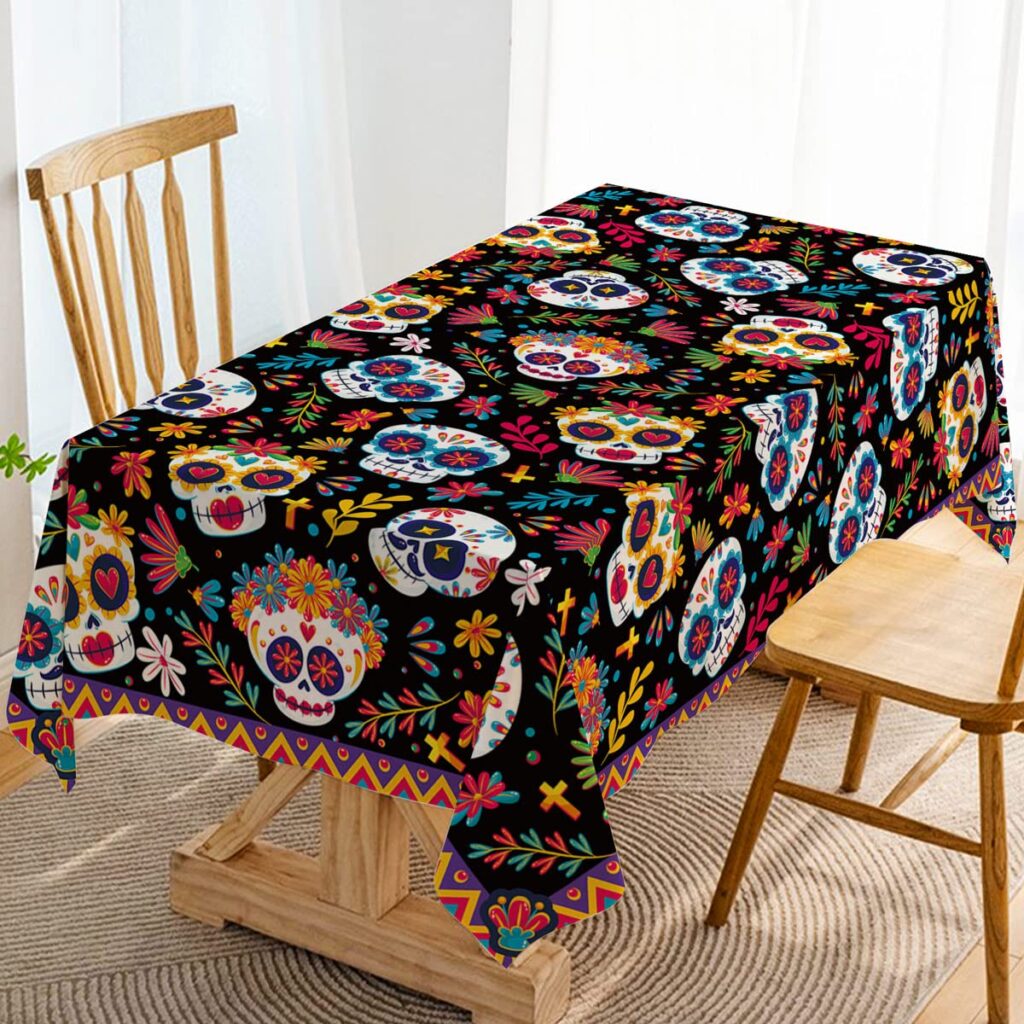
Introduction to Día de los Muertos
Día de los Muertos, or Day of the Dead, is a traditional Mexican holiday celebrated annually on November 1st and 2nd. This vibrant festival combines indigenous customs with Spanish influences to honor deceased loved ones. Its significance lies in bringing families together in remembrance and celebration, recognizing death as a part of life rather than an end.
The Significance of the Celebration
According to the National Institute of Anthropology and History (INAH), the origins of Día de los Muertos can be traced back to the Aztec civilization. The holiday’s rituals and customs are not only a way to honor family members who have passed away but also a means of preserving cultural identity. It reflects a profound belief that the deceased return to visit their families during this time, which evokes joy and celebration rather than grief.
Modern Celebrations
This year, celebrations are more prominent than ever as communities across Canada and the United States embrace Día de los Muertos. Events range from local parades and community festivals to art exhibits showcasing traditional altars (ofrendas) and beautifully decorated calaveras (sugar skulls). Many cities in Canada, including Toronto and Vancouver, will host events featuring live music, cultural performances, and educational workshops aimed at fostering a deeper understanding of this significant holiday.
Major events have also been supported by organizations such as the Mexican Consulate, which have highlighted the importance of cultural exchange and understanding through festivals and arts. Schools and community centers are often involved, allowing for participation across generations.
Conclusion and Future Outlook
As communities continue to celebrate Día de los Muertos, the holiday gains recognition and visibility in North America. The emphasis on preserving traditions has inspired increased interest among those who are not of Mexican heritage. Organizations are optimistic about the growth of these celebrations, which not only honor the past but also promote unity and understanding in diverse societal contexts.
In conclusion, Día de los Muertos is more than a remembrance of the departed; it serves as a reminder of the importance of family, culture, and community connection amidst the backdrop of modern life.



